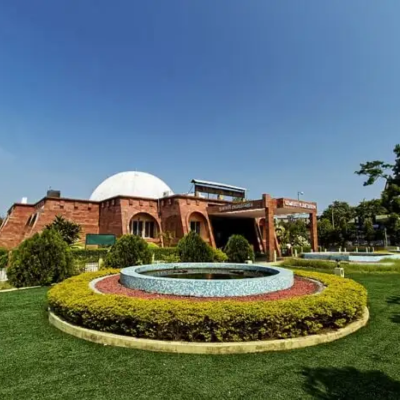EACH YEAR, INDIA GENERATES
64 MILLION TONNES OF WASTE.By 2050, global waste levels will reach 3.4 billion tonnes per year unless
waste generated per person is managed sustainably
WE’RE THE WASTE MANAGEMENT SPECIALISTS
“acts & deeds make the universe dynamic pronouncing about- change is the law of nature AND the whole universe is driven by some process- extracting either of solid, liquid, gaseous- combinations or otherwise from nature to produce, consumable to fit into the lifecycle, and rejecting the non-consumable- named as WASTE- THE MEGA UNATTENDED CONTINUOUS PROCESS SEGMENT.”

Our Services
A small river named Duden flows by their place and supplies it with the necessary regelialia. It is a paradise

Recycled Product

Consulting

Waste Management

Zero Waste Events

Extended Producer Responsibility

Reuse Product
OUR STRENGTHS
14 Years of expertise in waste management
Authorized end destinations for all waste streams
Data and technology driven processes ensuring transparency
Professional & diverse core team
Compliant with all laws on labour & waste management
Dignified & safe careers that have uplifted the socio-economic status of our field team

Waste Disposal Methods
There are multiple waste management strategies and methods available. These strategies can be combined or rearranged to form a waste management system that fits an organization. Modern waste management strategies are geared towards sustainability. Other alternatives for waste disposal is to reduce, reuse, and recycle waste.
1. Recycling –
2. Waste-to-Energy –
3. Anaerobic digestion –

The 5Rs of Waste Management
The 5Rs of waste management are a set of principles that guide efforts to reduce the environmental impact of waste. These 5Rs are:
1. Refuse – This involves saying no to things that are not necessary, such as single-use plastics or excessive packaging.
2. Reduce – This emphasizes the importance of minimizing the amount of waste generated by using fewer resources and being more conscious of consumption.
3. Reuse – Instead of disposing of items after a single use, consider finding ways to reuse them. This could involve repurposing items or using durable goods that have a longer lifespan.
4. Repurpose – This involves giving items a new purpose or use, extending their lifespan, and reducing waste.
5. Recycle – Recycling involves processing used materials into new products, reducing the need for raw materials, and lowering the overall environmental impact.
These principles are aimed at promoting responsible and sustainable waste management practices and encouraging individuals and businesses to be more mindful of their consumption and disposal habits.








